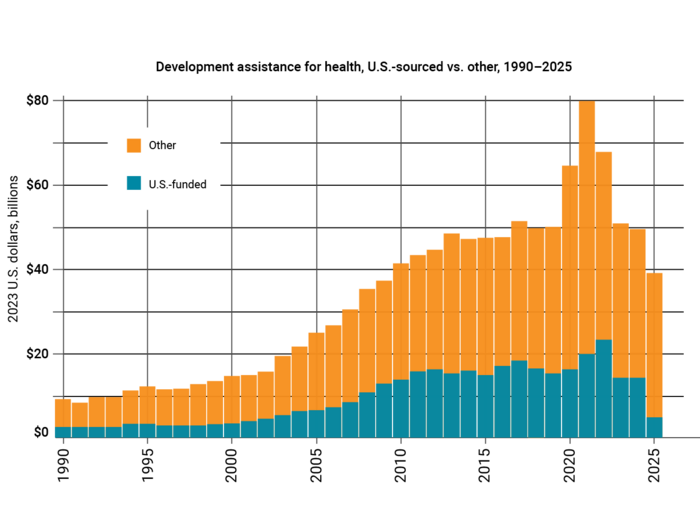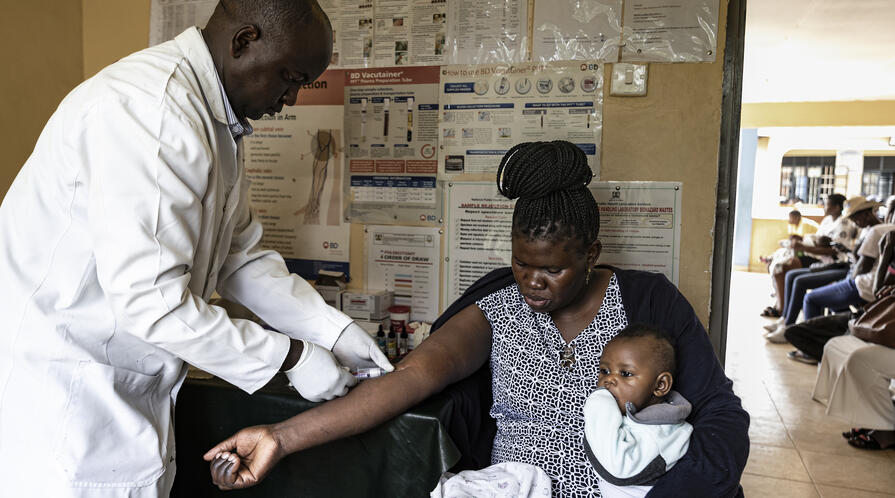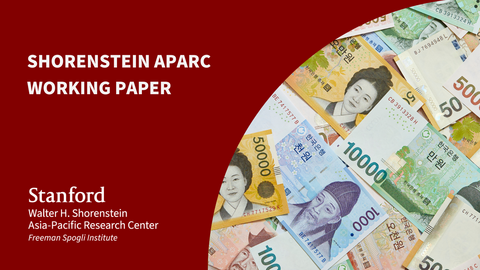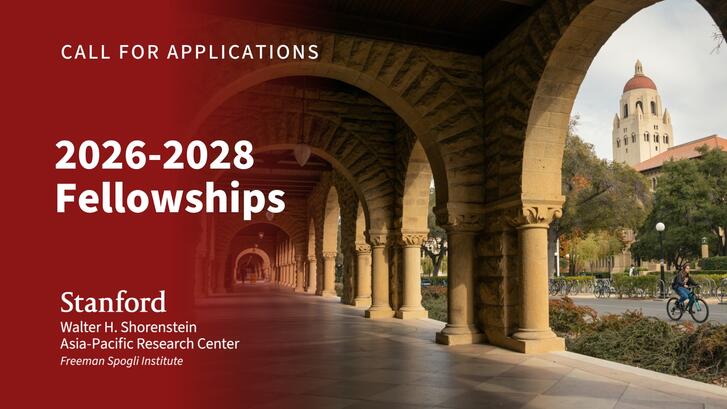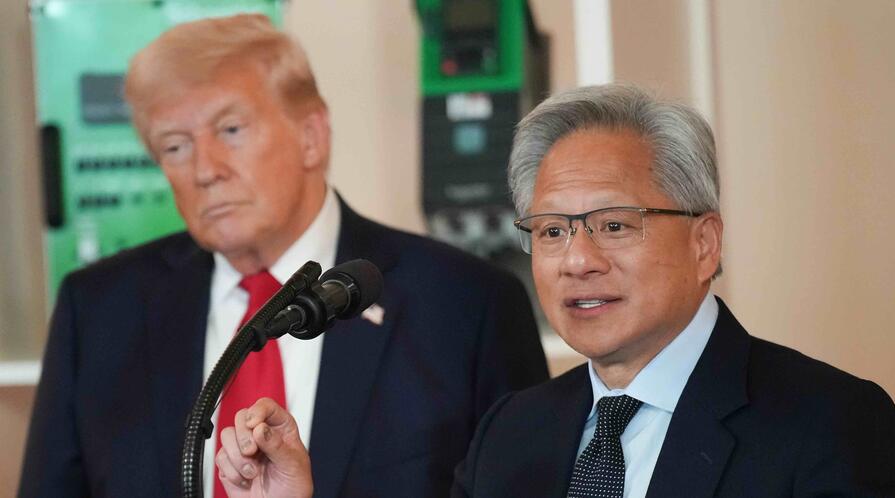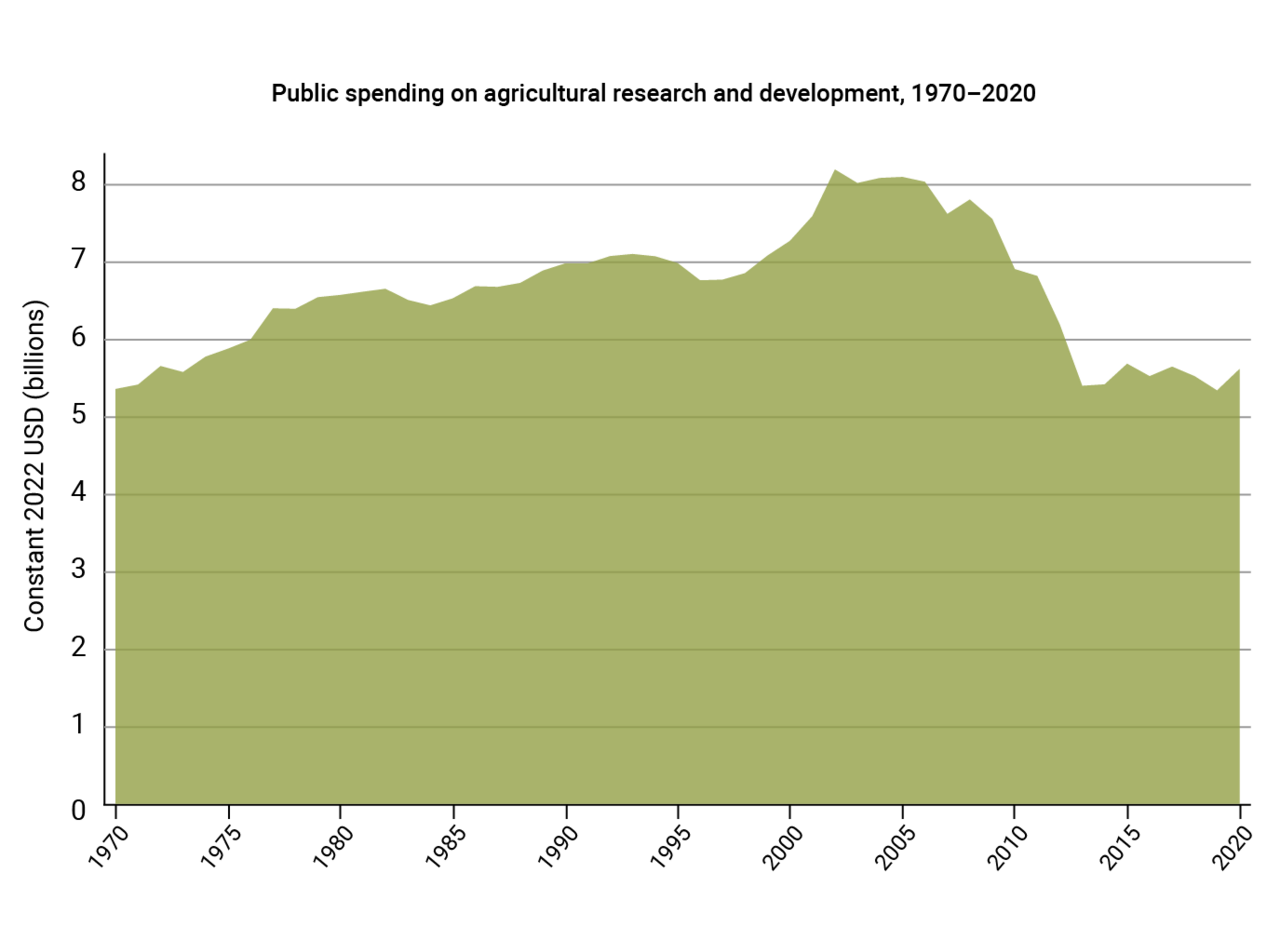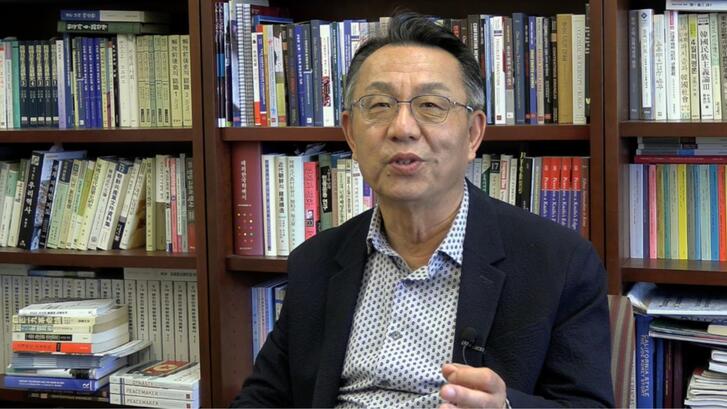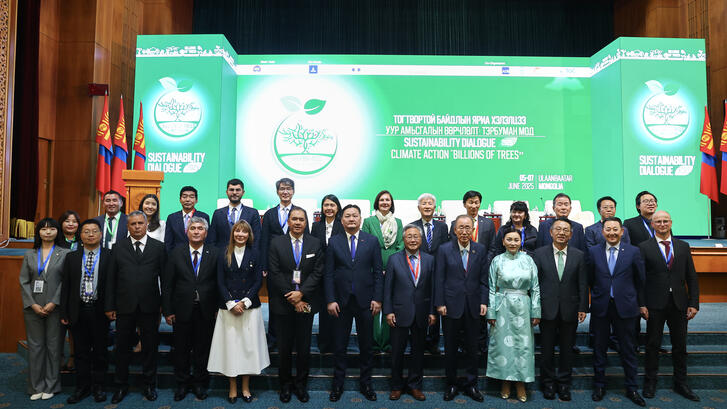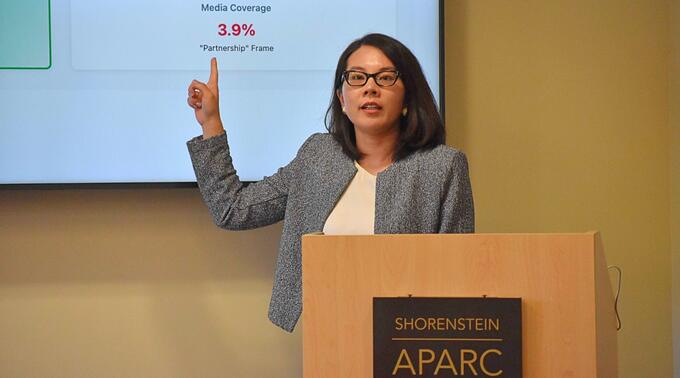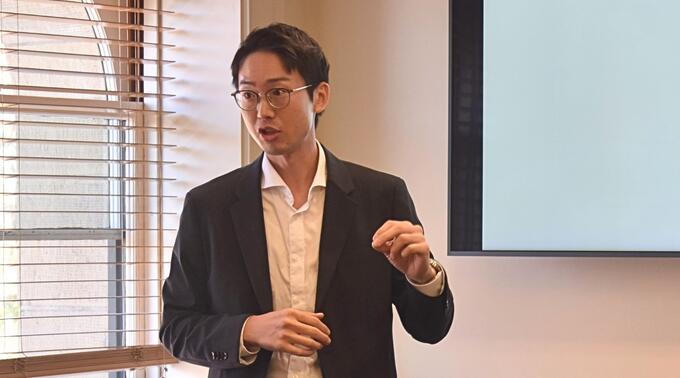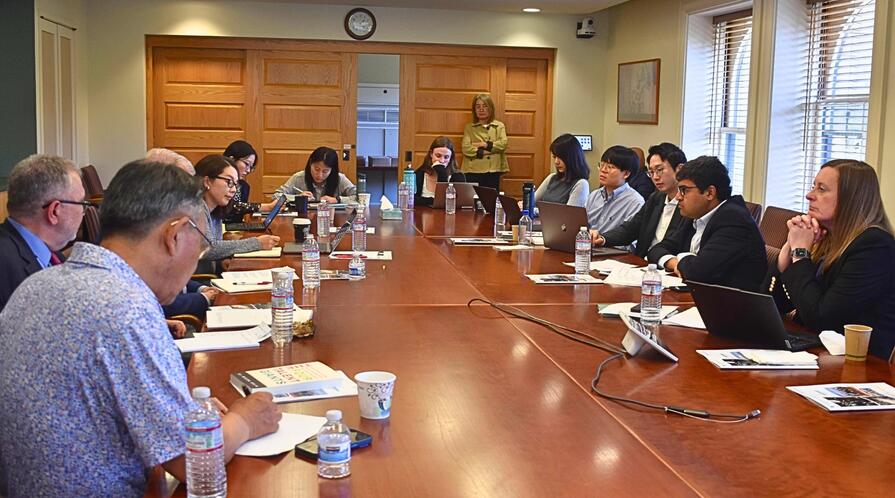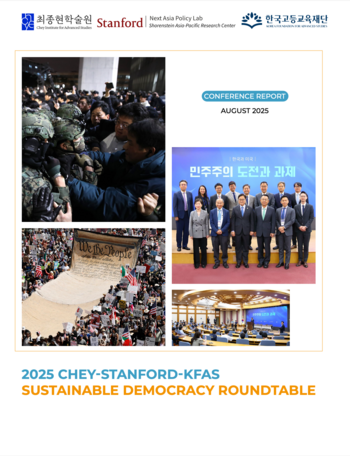Why Investing in Agricultural Education Is a Global Necessity
There is now an urgent need for a renewed commitment to build agricultural human resources that can lead the next transformation. This is not just about teaching farming. It is about cultivating a new generation of innovators, scientists, policymakers, and agro-entrepreneurs who can lead the Green Revolution 2.0. Here are seven compelling reasons why investing in agricultural education is a global necessity.
1. The times call for a quantum leap in sustainable productivity
The first Green Revolution helped avert mass famine through high-yield varieties, but at great environmental cost (see, inter alia, Tilman 1999 and Yang 2024). Now, we need a Green Revolution 2.0 to drive a "quantum leap" in food production. This next revolution must be “smart” and sustainable. Agricultural education is the engine of this revolution. It will educate scientists, policymakers, and high-tech farmers, enabling them to develop new climate-resilient crops and adopt sustainable practices. Furthermore, the digital technologies driving the Green Revolution 2.0 can improve market access and help ensure fair prices for smallholder farmers.
2. Innovation adoption must be accelerated
Innovation is meaningless if it does not reach those who need it most. However, farmers, especially smallholders (e.g., small-scale and family farmers) and those with limited education, are often risk-averse in adopting new practices. Worse, the traditional systems supporting technology adoption have become ineffective. Government extension services struggle to keep up with the latest technologies, while farmers increasingly rely on commercial vendors for advice. Recent studies suggest that newer approaches, like social networks and farmer-to-farmer learning, have proven far more effective. Investing in education helps create "agropreneurs" who can champion innovation within farming communities, thereby accelerating the adoption of new technologies.
3. The agriculture workforce needs upskilling
The nature of work in agriculture is rapidly changing—vertical farms, AI-driven analytics, automated systems, and climate-resilient practices are redefining food production. Farmers need new skills in data, systems management, digital operations, and climate-resilient methods. Without education, millions risk being left behind, especially in developing countries, resulting in worsening inequality. Investment in upskilling enables farmers to collaborate with technology, thereby avoiding a poverty trap.
4. Empowering smallholder and family farmers will create opportunities and aid their survival
Unlike past mechanization that favored large farms, today’s advances in precision and digital agriculture can empower smallholders. And it creates new opportunities for smallholder farmers to serve growing niche, diverse markets. With supportive policies and education, smallholders can become key drivers of inclusive agricultural transformation.
5. Agriculture needs new, young blood
Farmers are aging worldwide, while youth are leaving rural areas to seek careers in other fields. Traditional agricultural curricula and programs fail to spark their interest. By integrating robotics, AI, biotechnology, and data science into agricultural education, coupled with the use of app-based market-access solutions, we can redesign agricultural systems and make farming an attractive, future-oriented career. Investing in high-tech agricultural education is the key to filling the labor gap with skilled, motivated, next-generation farmers
6. Greenhouse gas reduction
Agriculture is the second-largest contributor to greenhouse gas emissions and consumes 70% of global fresh water. Climate-smart farming practices can reduce emissions, store carbon, and build resilience against droughts, pests, and diseases. Education is the gateway to equipping farmers with the knowledge to implement such solutions at scale.
7. Agricultural investment boosts national prosperity and global collaboration
The benefits of investing in agricultural education extend far beyond farms. Past investments in the 1950s–70s powered the Green Revolution, saving over a billion people from starvation, reducing rural poverty, and fueling industrial development. A notable example of a successful investment is the US-funded Seoul National University (SNU) Minnesota Project (1954–1962). Under the project, the University of Minnesota helped rebuild SNU’s College of Agriculture and train a generation of agricultural scientists. These scientists not only transformed Korea from a food-deficit to a food-secure nation, but are today contributing to agricultural advancements globally. Replicating such initiatives worldwide could deliver similar results in today’s food-insecure countries.

